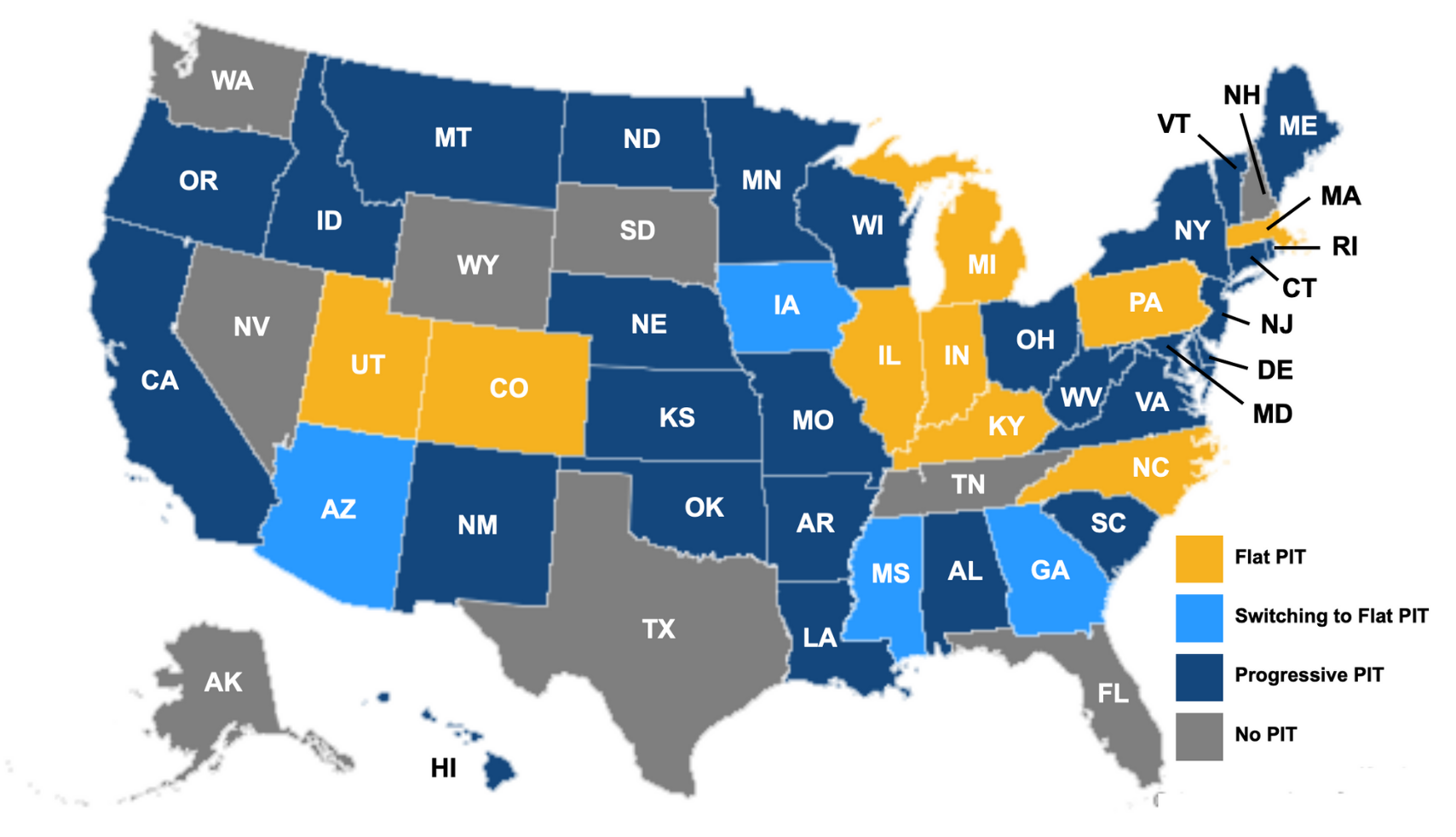The Problem: Wisconsin was one of the first states in the nation to allow for the creation of independent charter schools for K-12 education. Wisconsin gives charter schools freedom from most state rules and regulations in exchange for greater accountability for results. There are 31 independent charter schools operating in Wisconsin and many of them are in Milwaukee. Independent charter schools in Milwaukee outperform their peers in the Milwaukee Public Schools (MPS) on all key measures.
Over the years, Wisconsin has empowered more than two dozen government entities to authorize charter schools including the University of Wisconsin system and the Chancellors of each of its campuses, every Technical College Board, the Common Council of the City of Milwaukee, the Waukesha County Executive, and two tribal colleges. Unfortunately, only a handful of these government entities have ever used their power to authorize a charter school. One problem is that most of these entities lack either the interest or the expertise to authorize charter schools. Recently, Lake Country Classical Academy, affiliated with Hillsdale College, found great interest from parents for its plans to offer students a classical education but struggled for a couple of years to find an authorizer willing to grant them a charter. Finally, the Lac Courte Oreilles Ojibwe College authorized the school – and today it has two campuses with over 400 students and a large waiting list. Another problem is that the process is too slow for existing high-performing charter schools that wish to open additional campuses. It has taken ten years for the National Heritage Academies’ Milwaukee Scholars charter school in Milwaukee to get approval to open another campus in Waukesha. These unnecessary delays cost schools money and delay educational opportunities for students.
The Response: The most efficient way to address the lack of expertise at many of the existing charter authorizers would be to strengthen the Office of Educational Opportunity at the University of Wisconsin system by providing it with additional funding and staff – and then allow this Office to provide professional assistance to existing charter authorizers. To address the lack of interest from many UW campus authorizers, the state could expand the ability to authorize charters to interested private colleges with strong education programs (like Alverno, Marquette, and Concordia). The UW Office of Educational Opportunity would approve these additional authorizers. By empowering the Office of Educational Opportunity, the state could follow the successful model from Central Michigan University, Arizona State University, and Purdue University. The state should also decentralize the funding and management of charter schools away from the Department of Public Instruction. The layers of bureaucracy continue to be a barrier for charter schools and authorizers to access resources. Finally, we should allow existing high-performing charters to get expedited approval for additional campuses.
Resources:
WILL blog post: https://will-law.org/wisconsins-state-report-cards-mask-troubling-proficiency-rates/













